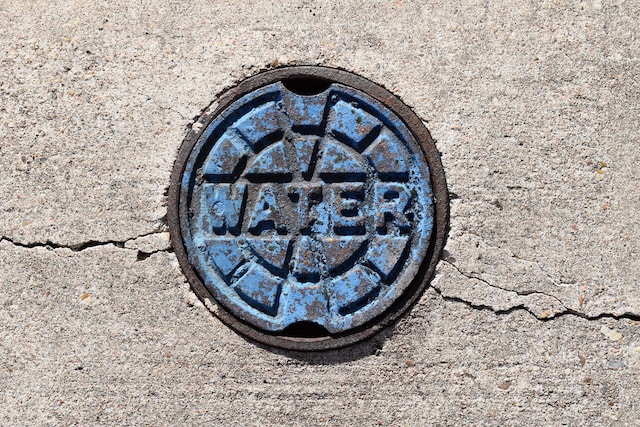Home insurance is there as protection when something unexpected happens to your home. You file a claim, and after it is verified, you should be compensated for your loss. However, does filing a claim increase your home insurance premiums? Insurance companies take into account your claims history when determining your premiums. Policyholders who have filed claims may be viewed as higher risk, which can result in increased premiums. The severity and type of the claim can also influence the impact on your premiums.
To ensure you’re prepared for the home insurance process confidently, grasp how filing a claim can affect your premiums and what steps you can take to mitigate any potential increases.
Impact of home insurance claims on future premiums
When you file a home insurance claim, what impact does it have on premium costs moving forward? The increase depends on several factors, like the type of claim you file, the extent or severity of the damage, your location, and if you have a personal claims history. Your premiums could also increase depending on the frequency of claims in your area.
Making a claim could impact your future premiums because some insurance companies believe you’re more likely to file another one. This is especially true for water damage, theft, and dog bites. Why does the insurance company raise your premium after these claims? In most cases, it’s to compensate for the potential claim payout you may get if you file another one.
There are other reasons why your premiums might increase after filing a claim. The insurance company may increase the premium if you live in an area with frequent storms and other types of severe weather (like wildfires) or a high-crime area. If you’ve filed a liability claim in the past, this could also affect your new premium cost. If you’ve filed more than one claim over the years, filed a non-valid claim, or if you own a home with a prior history of claims, your premium may increase.
Some insurance companies offer a “claims-free discount,” which means your premiums stay lower when you don’t make any claims. These discounts can potentially end once you file a claim, causing you to lose the savings. However, some insurers may reinstate the discount after you go through a certain period without any new claims.
Sometimes, your future insurance premium may increase due to things out of your control. For example, if a major hurricane and many homeowners hit your community file a claim, your rate may increase. Theft, fire, and liability claims raise premiums more than other claims, like mild water damage or roof issues due to high winds.
Does your home insurance premium increase after a claim?
Does a home insurance premium increase after a claim? The answer depends on your specific circumstances and insurance company. For example, weather-related claims typically don’t increase premiums as much as theft, liability, or vandalism claims. Some states have some protections that limit when insurers can increase premiums and cancel policies and how much they’re allowed to raise premiums (also called a “cap”).
In most cases, you can expect an increase of around 7% to 10% for a first claim, according to licensed property and casualty expert Fabio Faschi. As the number of claims rises above zero, the premiums increase even more. For example, a policy in the United States with no claims may cost approximately $1,933 per year on average, but a policy with five claims can increase costs to $4,407 per year. Fortunately, there are some things you can do to help reduce the impact of any claims you file on your future home insurance premiums.
How to mitigate the impact of claims on future premiums
When you file a home insurance claim, there is a potential for an increase in your premiums. However, there are steps you can take to minimize the impact. Here are some strategies to consider:
- Assess the cost of the claim: Compare the cost to your deductible. If the claim is only slightly higher than your deductible, paying for the repairs out of pocket might be financially beneficial. By doing so, you can avoid a potential increase in your premiums.
- Maintain a claims-free history: Insurance providers consider claims history when determining premiums. If you have a history of filing frequent claims, it can be viewed as a higher risk factor. To keep your premiums lower, maintain a claims-free record whenever possible. This can help demonstrate to insurance companies that you are less likely to file future claims.
- Shop around for insurance quotes: Regularly comparing insurance quotes can help ensure you get the best rate possible. Different insurance companies may have varying premiums for the same coverage. By shopping around, you can find a provider that offers the coverage you need at a more affordable price, potentially offsetting any premium increases resulting from filing a claim.
Once you know how filing a claim can affect your home insurance premiums, you’ll be better prepared to deal with whatever comes your way. Remember the factors that impact future premiums and take simple steps to help you mitigate risk and protect your home. Always read your insurance policy carefully and ask questions so you can make an informed decision whenever you do need to file a claim.




